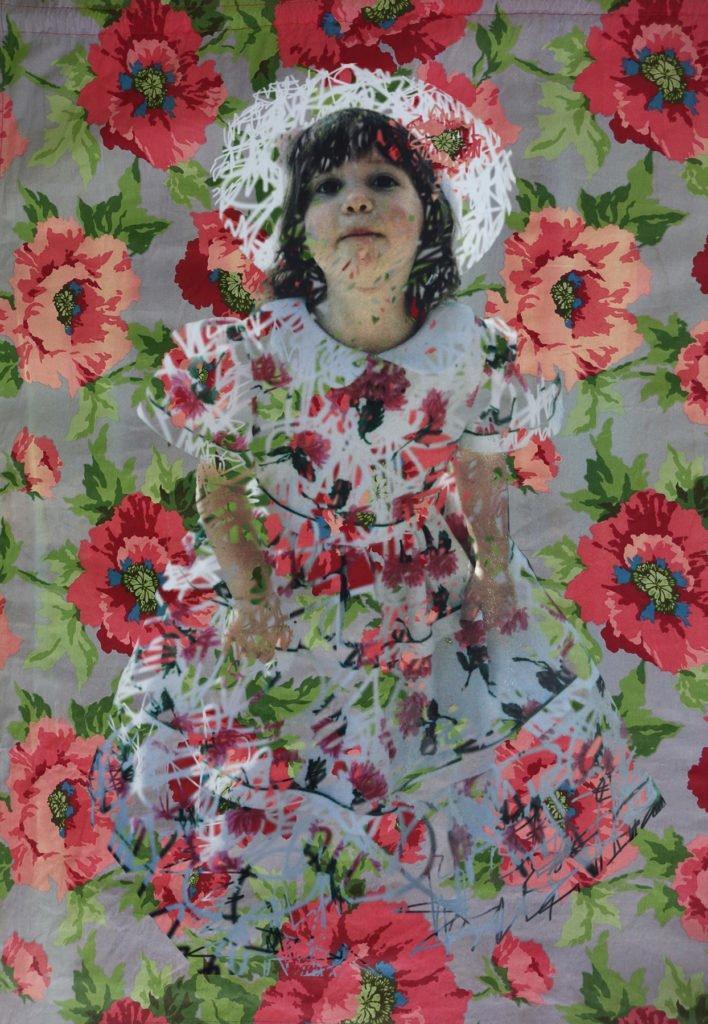 Extra tissues were stuffed into the small purse I’d made to match my dress. The dress sewn with my daughter’s image tucked into the folds so I could ‘take’ her to her friend’s wedding.
Extra tissues were stuffed into the small purse I’d made to match my dress. The dress sewn with my daughter’s image tucked into the folds so I could ‘take’ her to her friend’s wedding.
I’d set rules for how to conduct myself at this wedding: Be inconspicuous, don’t glom onto any one person, look for others who appear lost or alone. And, to anyone who might ask about the image of Marika on the dress, reply, “It’s too long a story to tell here. What’s YOUR connection to the bride or groom?”
There were some thorny things about weddings I’d failed to think of. Like, how memories would be triggered by rollicking flower girls spinning in shiny shoes and pink twirly dresses. The father-daughter dance. Like having people pop up from my past, from my time with Marika. Plus, I was stunned by how grown up and beautiful her friends had become over the past seven years.
My plan was to leave before the reception. But the ceremony was short and I soon found myself talking to old acquaintances, inching towards the drinks and cheese platters. Besides, it would be rude to go without greeting the mother of the bride who was off being photographed. When I finally caught up with the wedding party, they insisted I stay for dinner, and showed me the seat where my name was written on a handcrafted coaster. The seat next to the mother of the bride.
So, gathering up the skirts of my dress, I sat down for dinner across from the family’s closest friends who all seemed to know about me and my daughter. A woman came over, followed by her husband who told me they’d lost their son, and knew how I was feeling. That’s when I remembered I wasn’t the only one with a story. Weddings are bittersweet events for many. I made silent toasts to Marika and to the son of the kind parents, and then laughed and applauded with the crowd.
Occasionally, my eyes got watery. But I did not have to dig out the tissues.
When dinner was over, just before the cutting of the cake, before anyone could ask me (or not ask me) to dance, I slipped out. Away from the party, dashing down the driveway like Cinderella escaping the ball. But first I grabbed a piece of the bread-pudding cake to-go.
And at home, in the lightest rain, I danced with my dog in the driveway, spinning like a little girl in a twirly new dress.
What is it about weddings? That makes you cry? That makes you want to dance?
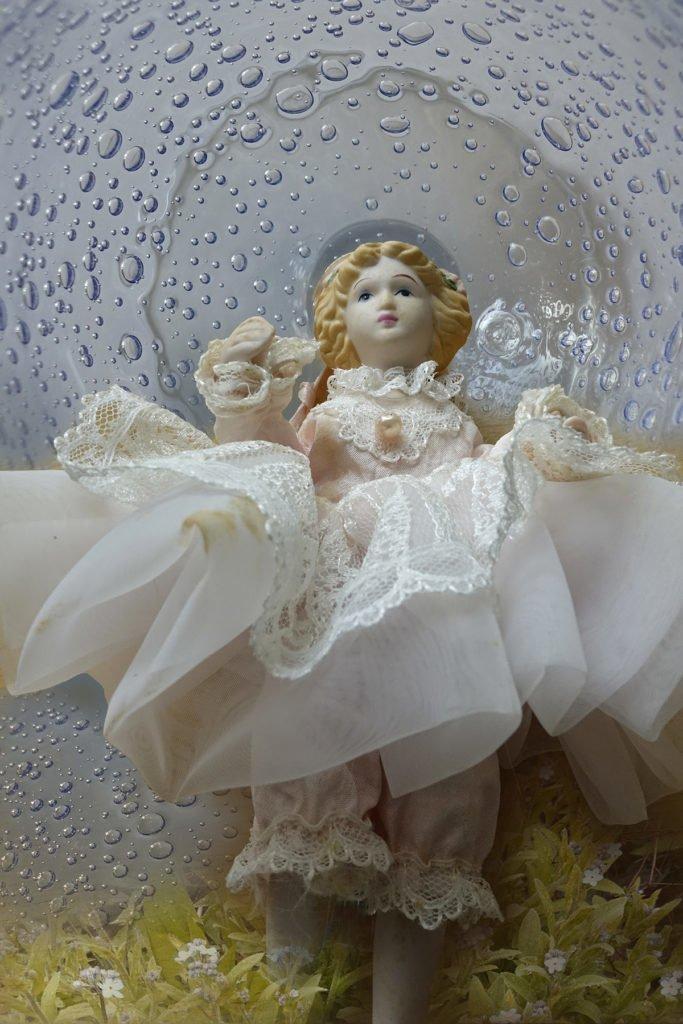
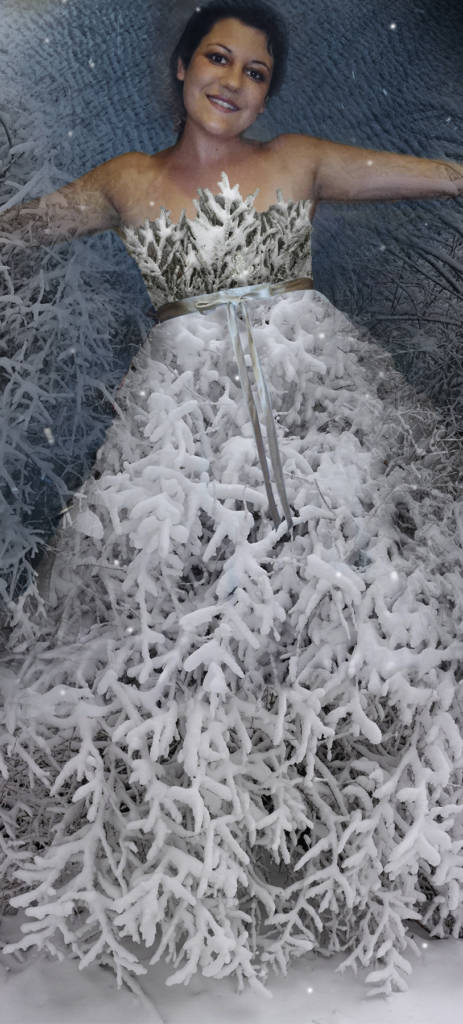
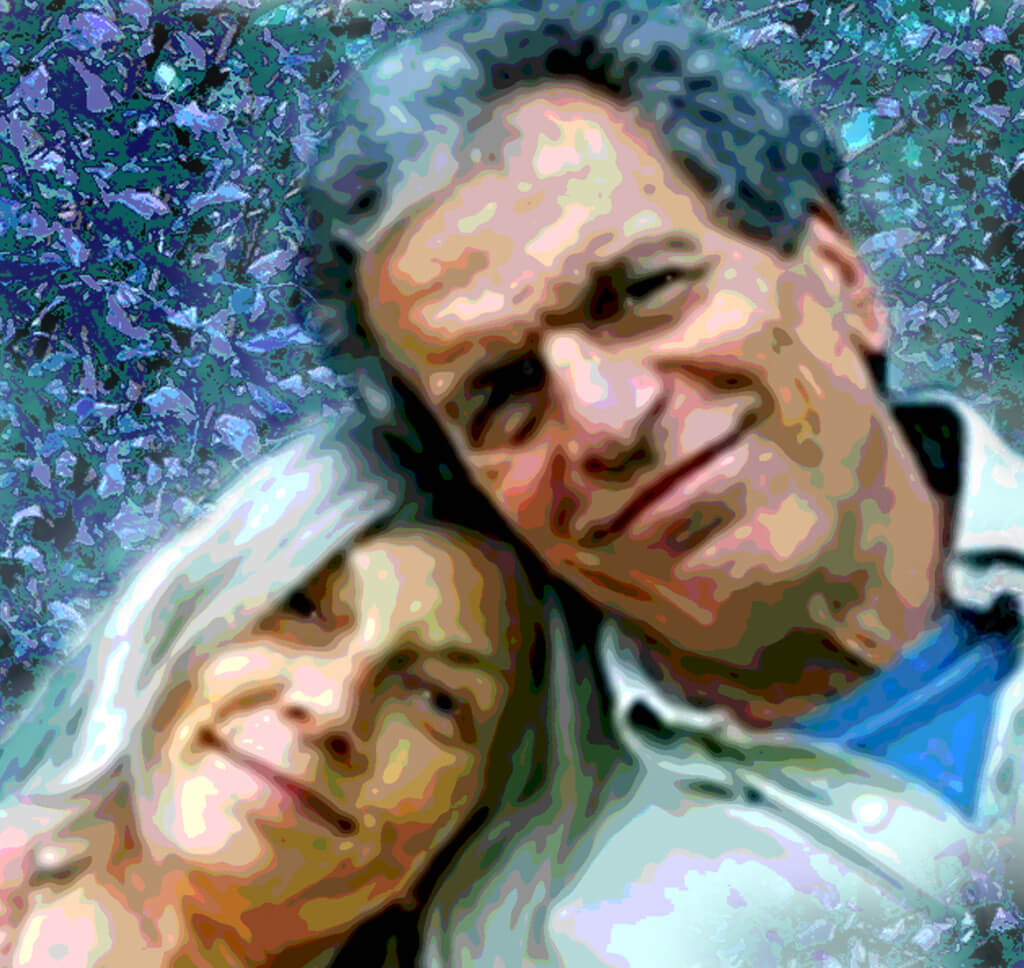
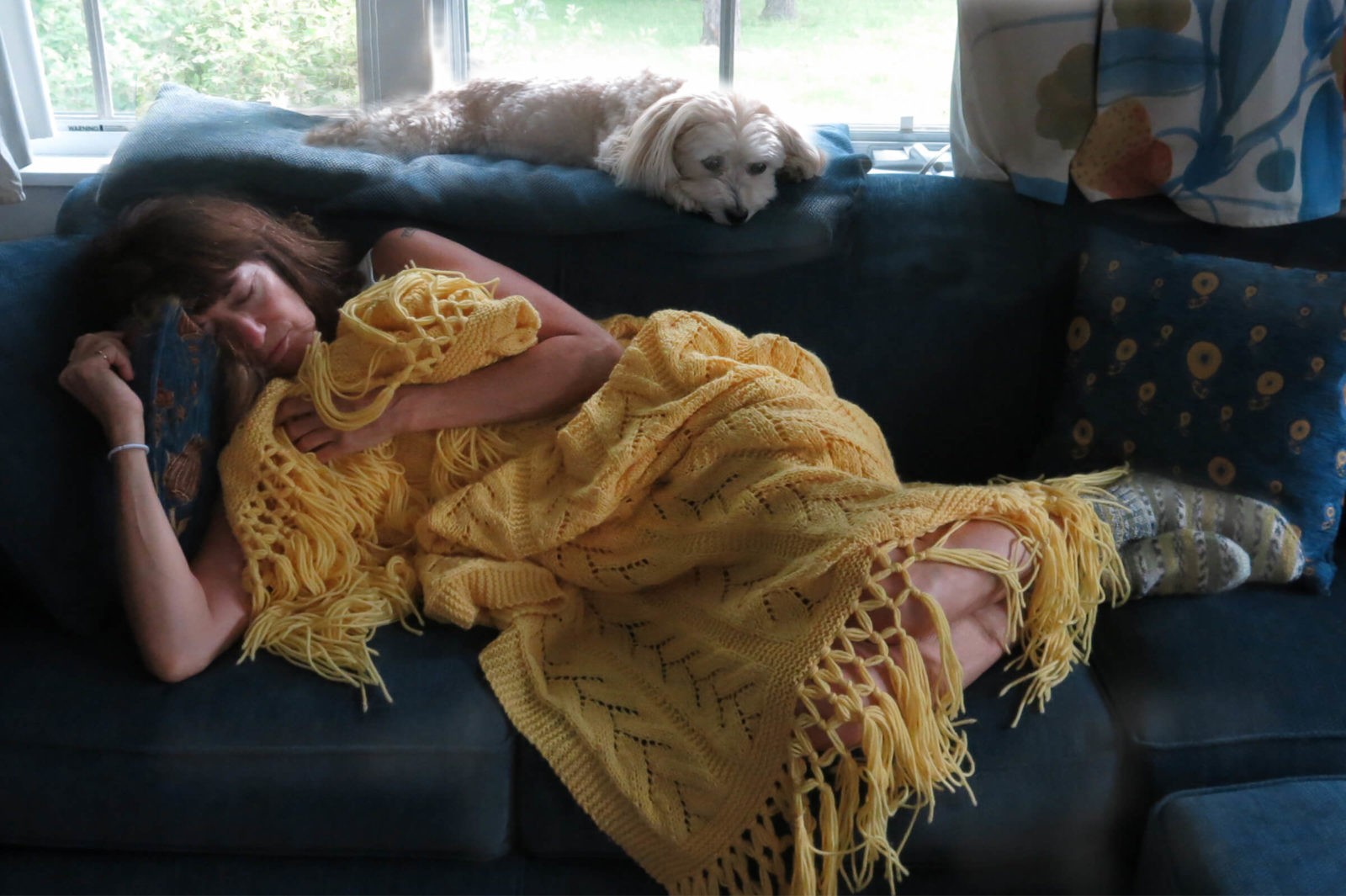 How did I get a cold in July, I wonder? A full-blown sneeze-blasting, rainy-nosed, head-filled-with-concrete cold. On the most perfect day of the year, filled with invitations to barbeques and boat-rides, I was walloped.
How did I get a cold in July, I wonder? A full-blown sneeze-blasting, rainy-nosed, head-filled-with-concrete cold. On the most perfect day of the year, filled with invitations to barbeques and boat-rides, I was walloped.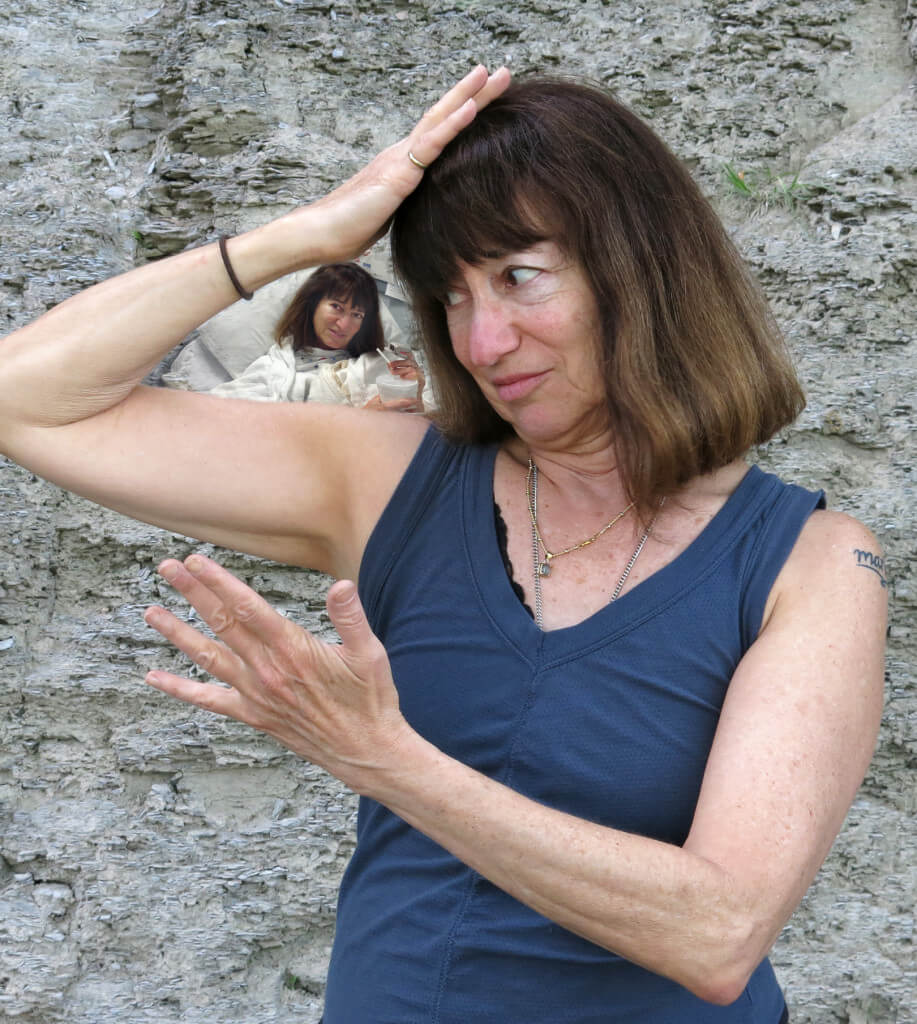 I don’t curse. Probably because of all the hours I spent as a kid in the back of my mother’s car, stuck in traffic on the Long Island Expressway, with my mother ranting at the wheel. There were f—ing idiots driving alongside us, damn a–holes in front of us, and stinkin’ s—heads in the front. The swearing fascinated me. I couldn’t master her competence or style. So I never tried.
I don’t curse. Probably because of all the hours I spent as a kid in the back of my mother’s car, stuck in traffic on the Long Island Expressway, with my mother ranting at the wheel. There were f—ing idiots driving alongside us, damn a–holes in front of us, and stinkin’ s—heads in the front. The swearing fascinated me. I couldn’t master her competence or style. So I never tried.